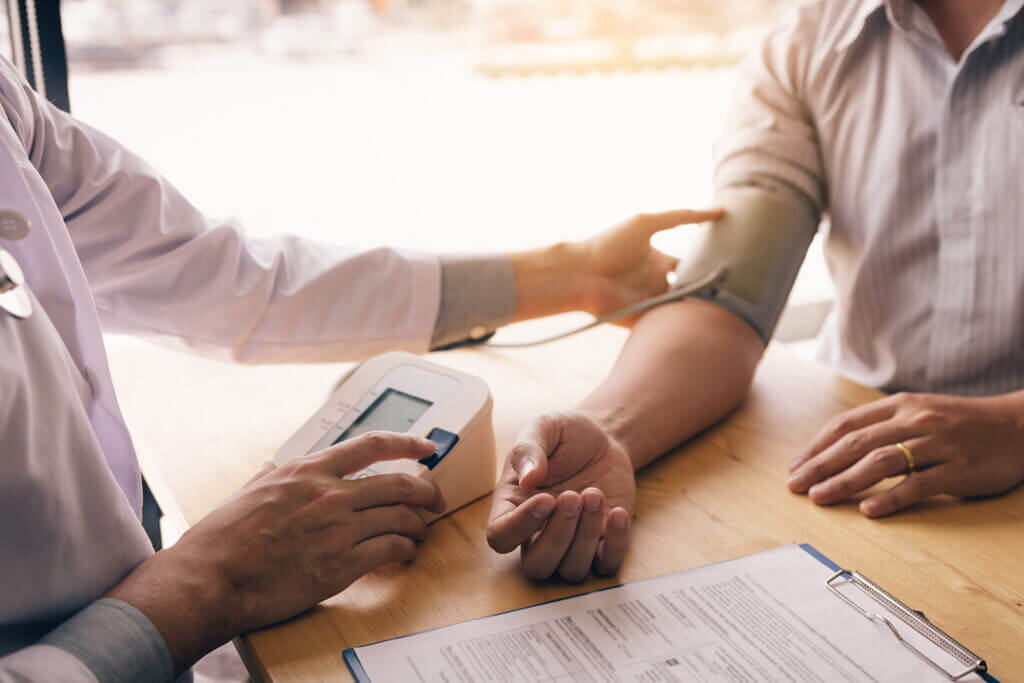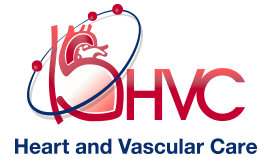High Cholesterol
Alpharetta High Cholesterol Treatment
Used to make the outer lining of your body’s cells and in the manufacturing of vitamin D, cholesterol is a waxy substance produced by the liver. It’s also found in the food you eat. Cholesterol is carried in your blood and attached to the proteins. Three major types of cholesterol are found in your blood: low-density cholesterol (LDL), triglycerides (TG), and high-density cholesterol (HDL). LDL is considered to be the “bad” cholesterol because it transports the cholesterol through the blood and leaves deposits of LDL on the artery walls. HDL is considered to be the “good” cholesterol. It’s the “scrubber,” going around and picking up the excess LDL cholesterol and taking it back to the liver.

Complications
Depending on the levels of your LDL and HDL, complications can arise.
- Atherosclerosis or Arteriosclerosis occurs when the LDL is too high. The cholesterol builds up on the artery walls so much that it constricts the flow of blood through the arteries, causing them to harden.
- Chest pain may occur when the coronary arteries feeding the heart are constricted because of the buildup of cholesterol and plaque.
- Heart attacks happen when plaque or a blood clot breaks free from the artery walls, blocks the flow of blood, and can stop or damage the heart muscle.
- Strokes are the result of plaque or blood clots breaking free and traveling through the blood vessels to the carotid arteries, blocking the flow of blood to the brain.
Symptoms
Unfortunately, high cholesterol is a silent killer. It has no warning signs or symptoms. The only way to know if you have a problem with high cholesterol is to have diagnostic tests performed. To monitor your cholesterol your doctor will check your
- Total cholesterol
- HDL
- LDL
- Triglycerides
Certain factors will cause your cholesterol to rise, and some run a greater risk of having problems with cholesterol.
- Body Mass Index (BMI)
- Smoking
- Diet
- Exercise
- Diabetes
High Cholesterol Medications
- HMG-CoA Reductase Inhibitors (statins): The most effective, most studied medication to lower LDL levels are the HMG-CoA reductase inhibitors or statins. These medications are proven to lower cardiovascular events including heart attacks, strokes, and death. There is a clear benefit of moderate to high dose statin therapy in certain patient populations.
- Statin side effects: The statin medication is used very commonly as they are indicated to prevent and treat cardiovascular disease, as well as its very powerful effect on lowering LDL (bad) cholesterol levels. The most common side effects are muscle or joint pain. Using a different statin medication, reducing the dose, or taking it every other day can often mitigate these side effects. Overall, most medical providers feel the benefits of statin greatly outweigh the risk of side effects.
- PCSK9 inhibitors: A new class of medication that effectively lowers LDL and is not a statin is now available. Repatha and Praluent are subcutaneous injections (similar to insulin) typically self-administered by the patient twice monthly. They do not have similar side effects to statins.
- Triglyceride meds: Fibric acid derivative (gemfibrozil and fenofibrate) are a class of cholesterol medications that are marginally effective in lowering triglyceride levels. A more effective method to lower extremity high triglyceride levels is an extremely low-fat diet. In addition to cardiovascular risk, extremely high triglyceride levels can lead to pancreatitis.
- HDL meds: High levels of HDL (good) cholesterol level are optimal as HDL can remove plaque deposits from the cardiovascular system. At one time it was felt a medicine called nicotinic acid or niacin was used to raise HDL levels but not used much currently as it was not felt it reduced cardiovascular events and caused frequent side effects. A diet high in foods that contain omega-3 fatty acids as well as aerobic exercise can raise HDL levels.
High Cholesterol Treatment
Treatment for hypertension depends on several risk factors such as severity, and associated risks for developing cardiovascular disease or stroke. Your doctor may suggest some lifestyle changes, such as exercise or a change in diet if blood pressure is only slightly elevated and the risk of
High cholesterol is among the silent killers of life. It builds without your knowledge until something bad happens. You don’t have to be one of its silent victims. Simple blood tests will reveal the problem, and relatively easy preventatives can help keep you from becoming one of the statistics. The specialists at Heart and Vascular Care will go over your treatment options with you and come up with the best plan for you.
- Diet
- Exercise
- Medication
